Anyone who has sat through Econ 101 recalls the names of Adam Smith, John Maynard Keynes and Milton Friedman. But what about the women economists? They’re all but invisible. Professor Edith Kuiper aims to right that wrong in this study of women’s contributions to economies and economics. She leads an intriguing tour through economic history and uncovers compelling issues and anecdotes that aren’t part of the typical curriculum. But while Kuiper gets an A for identifying a worthy topic, readers may grade her writing style – for prose that often gets lost in lists of obscure names and long-forgotten publications – a C.
Female economists played an overlooked role in the evolution of the field of economics.
The formal study of economics focuses on the contributions of male economists. The teachings of Adam Smith, Karl Marx and John Maynard Keynes dominate the field. However, female economists have played an important part, yet they’re often forgotten. Joan Robinson, to name one example, wrote about monopolies and price discrimination during the 20th century. She was considered a researcher who should have won a Nobel Prize but was snubbed. Rosa Luxemburg was another prominent female economist.
But the list of women who made important contributions to economic thought extends well beyond Robinson and Luxemburg. A number of female writers and economists have advanced the field by starting schools for girls and writing books and pamphlets aimed at female audiences. Through the 19th century, universities were closed to women, so it wasn’t until late in the 1800s that women were admitted to the field and began to publish in academic journals. Once women entered the discipline, they were able to shape the study and discussion of economics in ways that men...









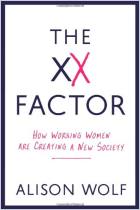
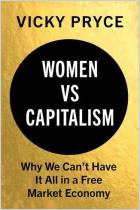
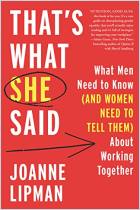

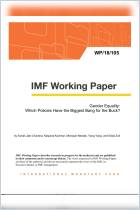
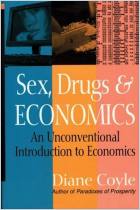




Comment on this summary